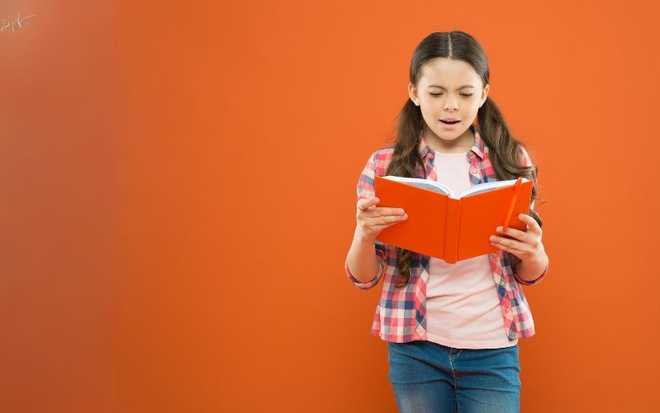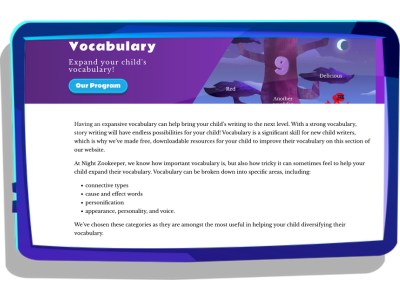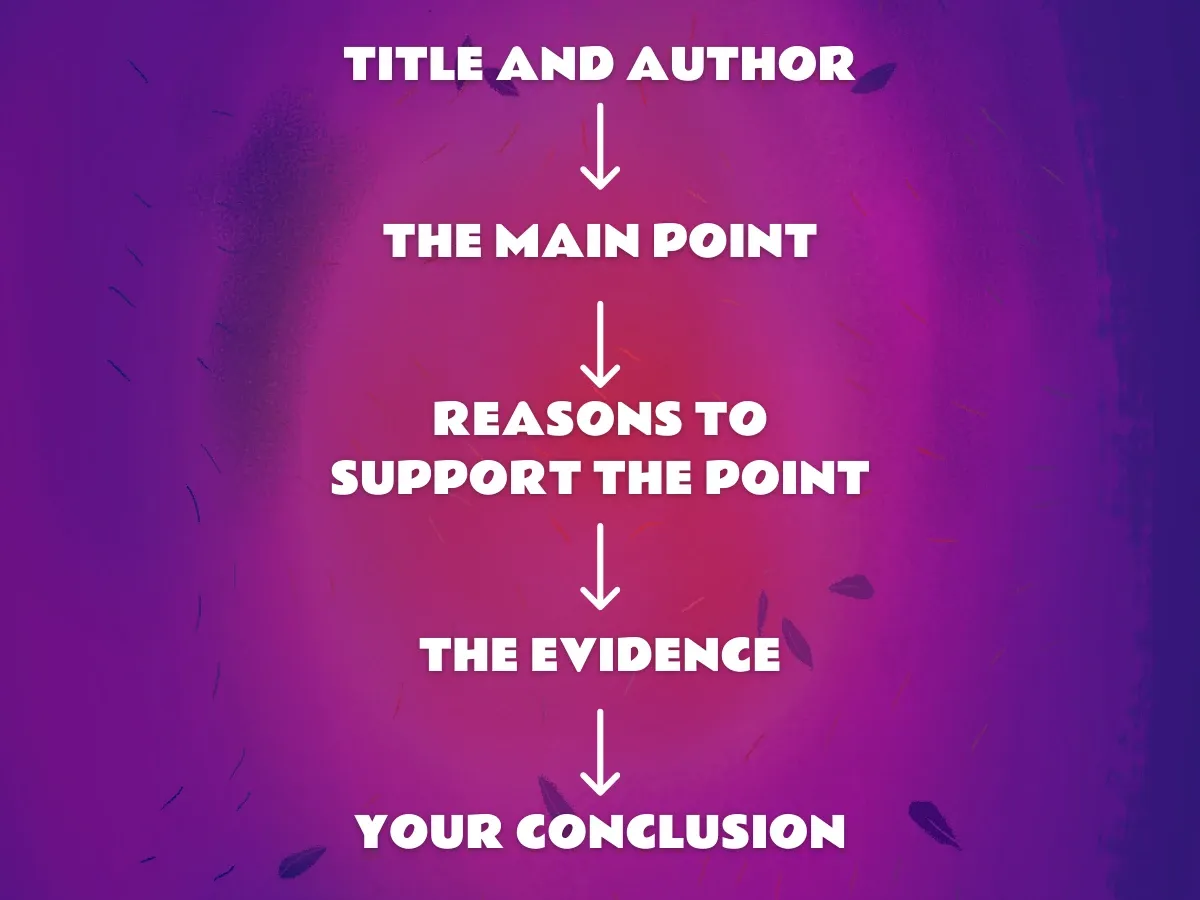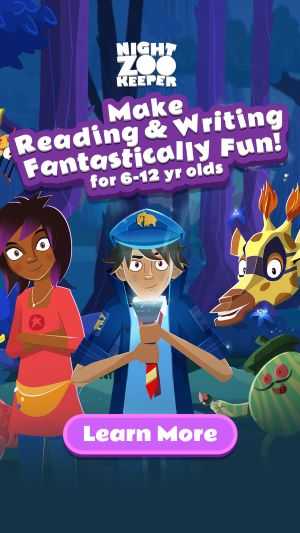Year 5 Reading
Discover Year 5 Reading Standards

Home > English > Reading > Year 5
In Year 5, your child is expected to refine the knowledge they’ve picked up in earlier years. They can rely on their reading skills to start practising higher-level reading and critical thinking.
Students in Year 5 are also expected to improve their reading comprehension skills, as they’ll combine the reading and writing process a lot more by this level by answering critical questions on the information gathered through texts.
Continue reading this guide to help your child develop all the skills they need at this level!
Word Reading
By Year 5, your child is expected to apply their combined phonic knowledge to decode unfamiliar words while reading grade-level texts with fluency and understanding. Download the National Curriculum in England’s Years 5 and 6 Word Lists to learn more about the words your child should recognise in Year 5.
As your child starts to read more in Year 5, they’ll inevitably come across unfamiliar words, and that’s how they’re expected to broaden their vocabulary. As they discover new words, they should become familiar with how to correctly use a dictionary/thesaurus.
Practice Tip
Ask your child to pick out three words in their next story or article and replace them with alternatives that they find using an online dictionary/thesaurus.

Reading Literature
Quoting accurately from a text is a key skill to be learned and developed at this learning level. Students in Year 5 will be asked to use this technique to back up their theories about the literature they are reading. A typical question they may be asked at this age is:
- Can you use a direct quote to support your answer?
Practice Tip
Ask your child to find specific evidence in a text to support a claim that you make about a core character or setting. You might try questions such as:
- How do you know the weather is cold?
- How do you know that the main character is feeling happy?
Figurative Language
Figurative language is a common feature of Year 5 texts. Understanding what an author means through their use of figurative language and how it contributes to meaning is a skill your child should master at this learning level. They’ll specifically focus on metaphors during Year 5. This is a higher-level skill, as being able to spot and interpret a metaphor can sometimes be tricky and requires a lot of practice.
Practice Activity
Show your child the following common metaphors and ask them to explain the word play involved:
- She is the shining star of our school.
- A blanket of snow covered the streets.
- He got a glowing review for his performance.
- She has the heart of a lion.
Reading Informational Text
Reading informational text and nonfiction books is a key activity in Year 5 and Year 6. This is done to prepare your child for higher education, with the aim to teach them valuable research and essay writing skills. Young learners in Year 5 are expected to identify facts in non-fiction texts, and then use this information to answer specific questions or use it in articles they’re writing.
Practice Tip
Create a template for your child to use each time they finish reading a piece of nonfiction text. It should include the following:

In Year 5, children are also expected to use information from two or more texts and incorporate this into one article on a given topic. They should also learn to fact check the authenticity of texts by reading a range of books and articles about an event or topic. This is an important skill to develop as they begin to learn about fact checking, and ensuring their information is from an accurate, unbiased source.
Five Skills to Master in Year 5!
- I can cross-reference two or more texts to check if my information is accurate!
- I can quote a character from a story.
- I can decode figurative language and understand the hidden meaning within a story or poem.
- I can summarise the main points in a text I have read.
- I can understand the meaning of a word by reading it in the context of a text.
How Night Zookeeper can help

Make reading fantastically fun for your child with Night Zookeeper!
Our reading & writing program for kids includes thousands of reading activities that have been created to help your Year 5 learner develop their reading skills. From reading comprehension lessons, to fun reading games, we guarantee your child will master key reading skills without even realising they’re learning! Night Zookeeper also offers an adjustable year/age level feature to allow your child to learn at a pace that works for them.
Sign up today to claim a 7-day free trial!
Related articles


Make Reading & Writing Fantastically Fun!
- Award-winning reading & writing program for kids
- Improves spelling, grammar, punctuation & vocabulary
- Over 1,000 different learning games and activities



